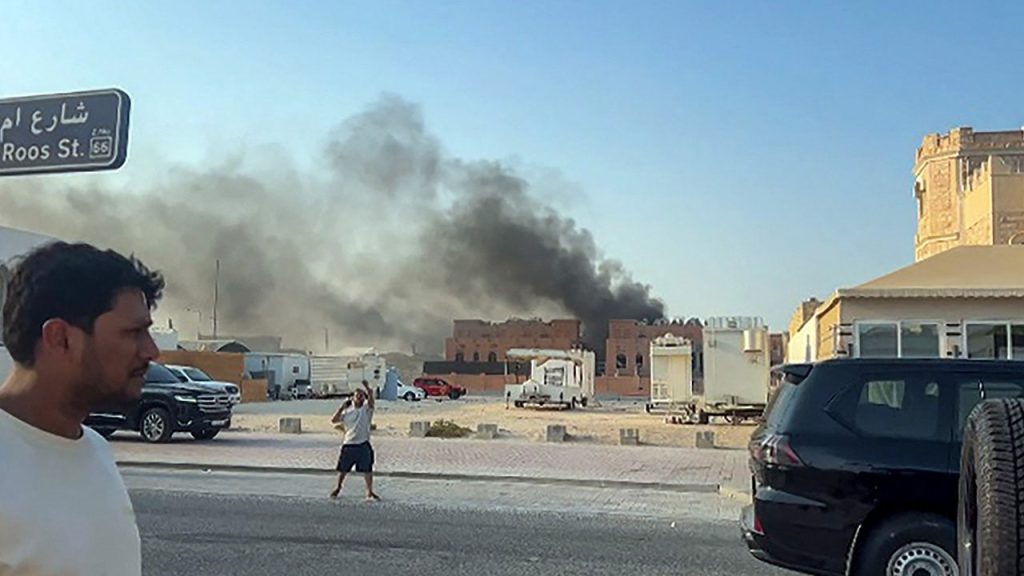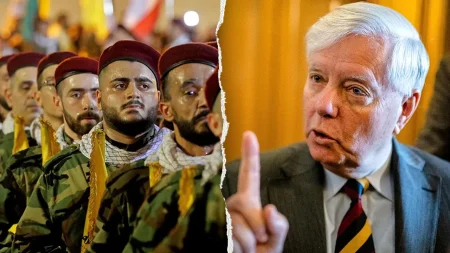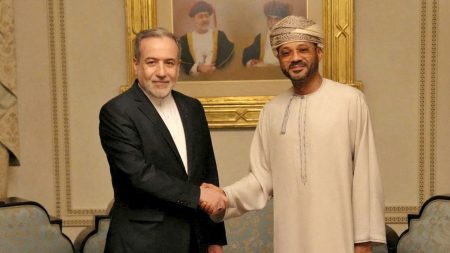Qatar Threatens Retaliation Against Israel After Airstrike in Doha
In a dramatic escalation of Middle East tensions, Qatar has publicly threatened to “retaliate” against Israel following an airstrike in Doha that targeted Hamas leaders. Speaking at a news conference on Tuesday, Qatar’s Prime Minister Sheikh Mohammed bin Abdulrahman al-Thani delivered a forceful statement, declaring that Qatar is “committed to act in a decisive way with anything that would target its territories and will reserve the right to retaliate.” The Prime Minister’s tone reflected the gravity of the situation, characterizing Israel’s strike as “state terrorism” perpetrated by Israeli Prime Minister Benjamin Netanyahu. His remarks highlighted what he described as a “decisive moment” for the region, suggesting that the entire Middle East should stand against what he termed “barbaric actions” that violate international law. This incident marks a significant turning point in Qatar’s diplomatic stance, as the country has been actively involved in mediating between Israel and Hamas.
The Israeli airstrike reportedly targeted two high-profile Hamas figures: Khalil al-Hayya and Zaher Jabarin. What makes this strike particularly controversial is that al-Hayya had recently been involved in ceasefire negotiations for Gaza and discussions about the release of remaining hostages held by Hamas. Jabarin, known for managing Hamas’ financial operations and its activities in the West Bank, was also reportedly participating in these negotiations, albeit in a less prominent capacity. Hamas quickly issued a statement claiming that Israel had failed in its attempt to “assassinate the brothers in the negotiating delegation,” though the full extent of the damage and casualties remains unclear. The targeting of individuals involved in peace negotiations has raised serious questions about the future of any potential ceasefire agreement and has put Qatar in a difficult position as a mediator.
The situation became even more complex when the White House revealed that President Donald Trump had “immediately directed” his special envoy to the Middle East, Steve Witkoff, to inform Qatar of the “impending attack” by Israel. White House Press Secretary Karoline Leavitt acknowledged the delicate balance in U.S. foreign policy, stating that “unilaterally bombing inside Qatar, a sovereign nation and close ally of the United States that is working very hard and bravely taking risks with us to broker peace does not advance Israel or America’s goals.” However, she also noted that “eliminating Hamas, who have profited off the misery of those living in Gaza, is a worthy goal.” This statement reflects the challenging position the United States finds itself in—supporting Israel’s security concerns while also recognizing Qatar’s sovereignty and its role as a mediator in the conflict.
Interestingly, Qatar’s Ministry of Foreign Affairs quickly disputed the White House’s account, stating that “statements being circulated about Qatar being informed of the attack in advance are baseless.” According to a Qatari official’s post on social media, “The call from a U.S. official came during the sound of explosions caused by the Israeli attack in Doha.” This contradiction between the American and Qatari narratives adds another layer of complexity to an already tense diplomatic situation and raises questions about communication and coordination between allies during critical security operations. The discrepancy also highlights the delicate nature of international relations in the Middle East, where perceptions of prior knowledge or complicity can have significant political ramifications.
This incident represents a significant escalation in the ongoing conflict that began with Hamas’ October 7 attack on Israel and Israel’s subsequent military campaign in Gaza. Qatar has played a unique role throughout this conflict as both a host to Hamas political leaders and a key mediator working alongside the United States and Egypt to broker ceasefires and secure the release of hostages. The airstrike in Doha threatens to undermine this role and potentially derails progress toward de-escalation in the region. It also puts Qatar in a difficult position of having to respond forcefully to what it views as a violation of its sovereignty while still maintaining its position as a neutral mediator. The Prime Minister’s strong language about retaliation suggests that Qatar feels it cannot simply ignore this incident without risking its credibility both domestically and in the broader Arab world.
The broader implications of this incident extend beyond the immediate Israel-Hamas conflict. It raises fundamental questions about the rules of engagement in counterterrorism operations, the sanctity of diplomatic processes, and the sovereignty of nations hosting peace negotiations. For Qatar, which has worked to position itself as an influential diplomatic power in the region, this incident represents both a challenge and an opportunity to assert its sovereignty and diplomatic importance. For Israel, the decision to strike targets in Doha reflects its determination to pursue Hamas leadership regardless of location, but it may come at the cost of international support and complicate efforts to reach a sustainable ceasefire. For the United States, the incident highlights the challenges of balancing support for Israel’s security with broader regional stability goals and relationships with Arab allies. As tensions continue to rise, the international community watches closely to see how this “decisive moment,” as described by Qatar’s Prime Minister, will shape the future of Middle East peace efforts and regional alliances.














